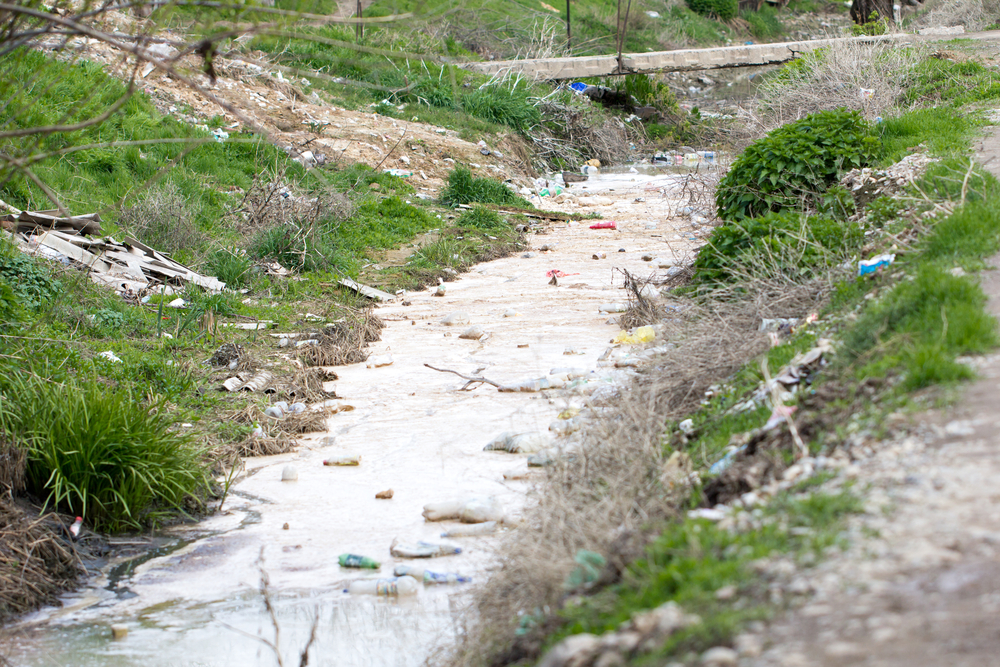Allan Sherman (1924-1973), the song parodist responsible for “Camp Granada” (“Hello Muddah, Hello Faddah!”) and a lot of unfortunately forgotten gems. The year he died, Playboy Press (Hefner was a friend and a fan) published The Rape of the APE, in which “APE” stood for “American Puritan Ethic”. It was a history of the national sexual revolution and his own. He tells how boys entering the Army were awakened out of state of naivete by the Army’s calculated vulgarity. Called out of bed by the shout “Drop your cocks and grab your socks!” , he wonders “Did someone here have a Dirty Mind?” He gleefully learns that everything in the Army is obscene, “part of the toughening-up process”. So even the Official Status reports are obscene
SNAFU – Situation Normal, All Fucked Up
JANFU – Joint Army-Navy Fuck Up
FUBAR - Fucked Up Beyond All Recognition
… and so on.
I had never considered it that way, when I first read the book. I had heard of, and later seen, the Army instructional cartoons about “Private SNAFU” (made by Chuck Jones and other animators from the Warners Brothers cartoon studio). When they introduce the character, a voice-over explains what the letters stand for, and each lights up at the time “Situation…Normal …All…” and the “F” quivers as the voice delays at least half a beat — the soldiers wonder If They’re Actually Gonna Say It – and then uses the euphemistic “Fouled” instead of “Fucked”. Sherman explained in his book that “they cleaned it up for the folks back home.”
I didn’t realize until years later that a lot of common expressions were similarly “cleaned up for the folks back home”, and it wasn’t until long afterward that I learned that I’d been hearing truncated and cleaned up expressions all my life, often unaware that there had been a deeper meaning.
For the Birds – the whole expression is “Shit for the Birds”, a phrase apparently beloved by drill sergeants in the 1930s and 1940s, according to sources I’ve checked. The phrase relates, I am told, to birds pecking for edible undigested bits in animal turds. I’ve seen some corroboration for this, but I’m not going into detail. Suffice it to say that I’ve heard the apparently nonsensical phrase “for the birds” my whole life without realizing that it was a roundabout way of calling something “bullshit”.
“In your hat” – a truncated version of “[Go Shit] in your hat”, a way of insulting someone who has annoyed you. We discussed this on the Board almost twenty years ago - "In Your Hat" – Again, a nonsense phrase to the Unenlightened
“Sad Sack” – a term for a poor old soldier, common in World War II (Google N-gram viewer shows the phrase “taking off” around 1940). But in its entirety it’s “Sad Sack of Shit”, which somehow seems more likely as a military description of a down-on-his-luck soldier. During the war, Sergeant George Baker drew a comic strip for the service newspaper Yank showing the adventures of a character he called “Sad Sack” (based on real-life Ben Schnall. I wonder how he felt about the resulting fame. In the strip, the character is not named.). Some of these were decidedly not for home consumption, as when Sad Sack watches a very scary Army film about the dangers of VD (not shown), and puts on a glove before shaking hands with a woman. It’s pretty weird to think that I grew up reading a Harvey comic book (the same people responsible for publishing Casper the Friendly Ghost!) about the exploits of Sad Sack meant for kids. Who clearly didn’t know the entire phrase.


